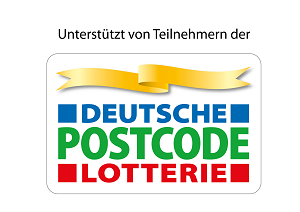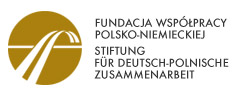Rejected food turns into gourmet meal at the UNEP GC/GMEF
In support of the initiative Think.Eat.Save Reduce Your Foodprint, Ministers were served meals made from food rejected by retailers due to cosmetic reasons
25.02.2013 |UNEP

Together with the Food and Agriculture Organization (FAO), Feeding the 5000 and Messe Dusseldorf, the UNEP had launched a campaign in January to highlight unnecessary waste of food. About 1.5 tonnes of food were sourced from farmers in Kenya whose crops were rejected from bigger retailers in Europe. The reason for rejection was that they did not comply with stringent standards of appearance.
The use or unwanted vegetables for the meals was to highlight to policy and decision makers how 'ugly' food is still perfectly edible. To cut down on the food waste, it is necessary to develop new standards for appearance and strategies of alternative marketing. Also inefficient practices, confusion over date labels and over-buying are common reasons for food-waste.
The total annual food waste in the industrialized world is estimated at 300 million tonnes. This food is discarded despite still being fit for consumption. On a mathematical basis, this amount could feed the estimated 870 million hungry people in the world without any problems.
Source
Related News
Time for EU to walk the talk on 2030 Sustainable Development Agenda
As part of SDG Watch Europe WECF calls for a consequent implementation of the Sustainable Development Goals by the European Union.
06.06.2016
WECF Signs Appeal to Call on Governments and Corporations to Ban Hazardous Pesticides
Over 500+ organizations in 106 countries signed the appeal to replace HHPs with alternative methods of pest control
27.02.2016
Detox Me: A New App to Help You Reduce Exposure to Hazardous Chemicals
The Silent Spring Institute, a WECF partner, recently released a free smartphone app to inform consumers
22.02.2016 | Carmen Chan
How a biogas plant improved Jane’s life
WECF’s partner ARUWE helps marginalized people of rural Uganda
08.12.2015
What happened in 2013 in our Food Gardens?
Stories from South Africa
11.08.2014





































